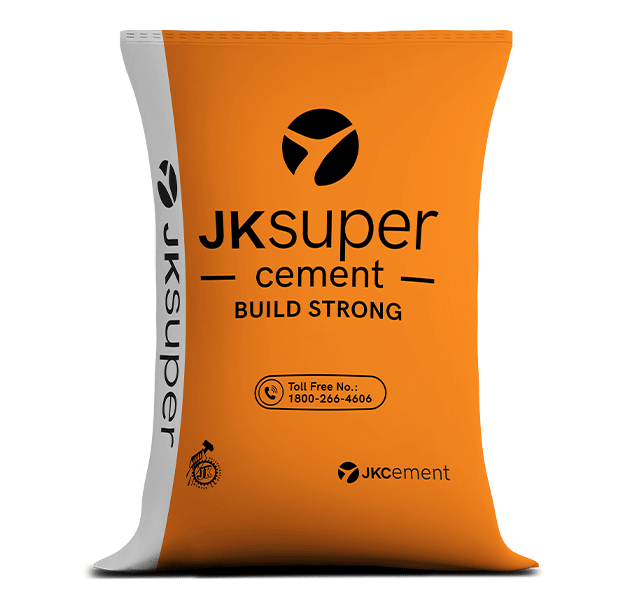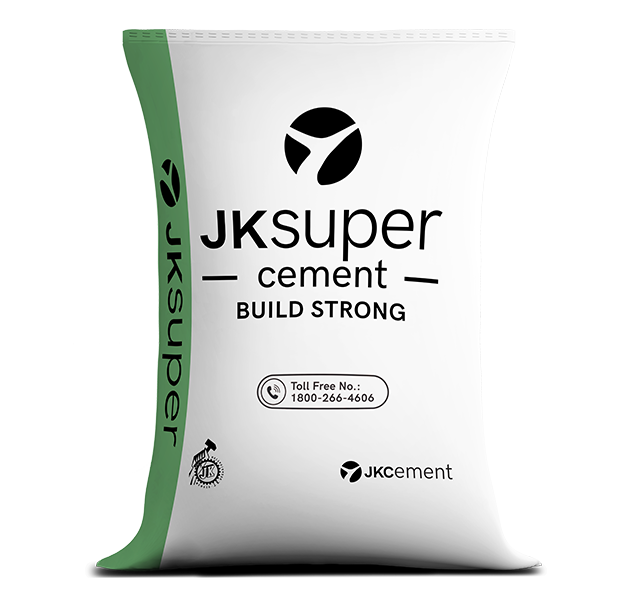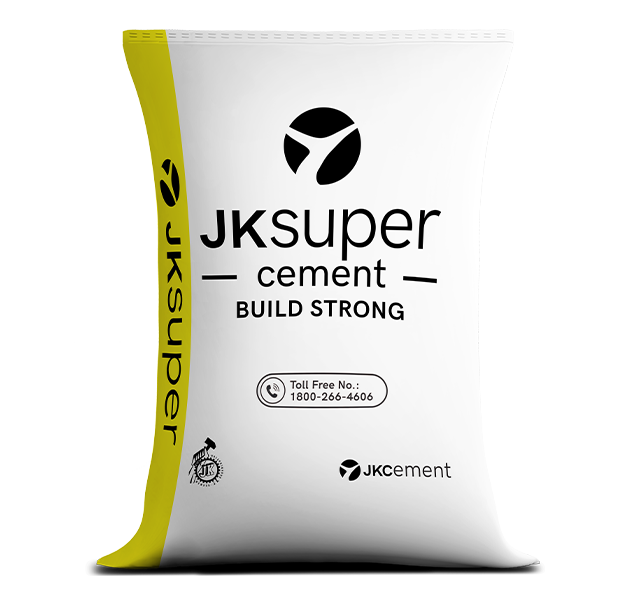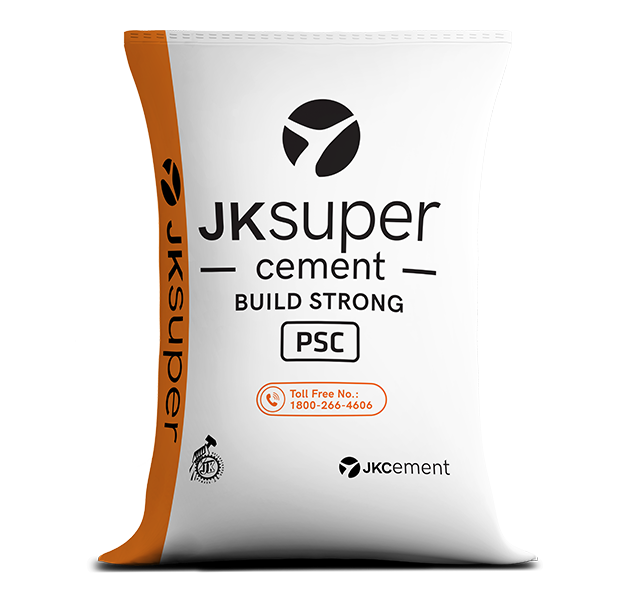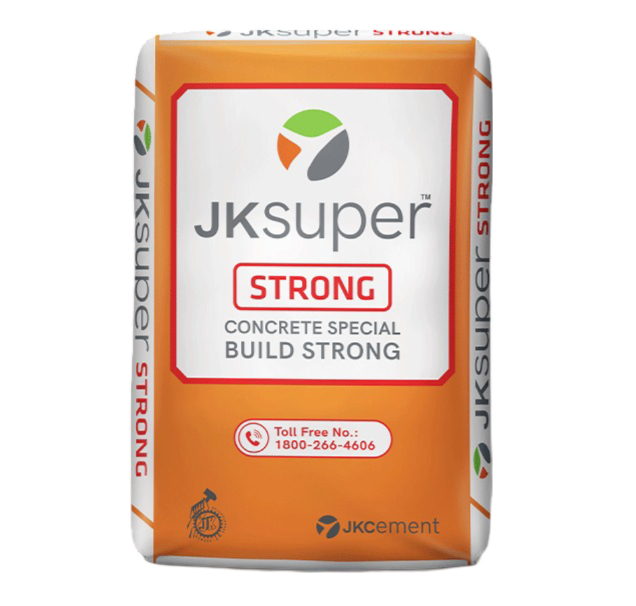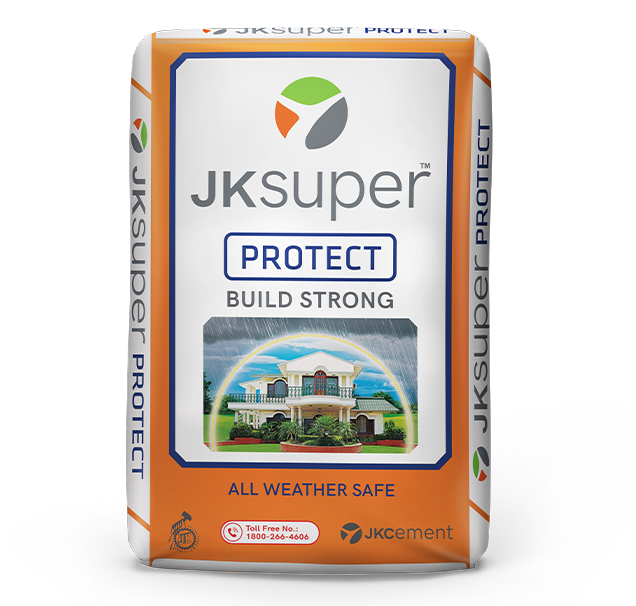Securing financing for a home is a critical step in turning the dream of homeownership into reality. Home loans and mortgage loans are two commonly used terms, often interchanged, but they represent distinct financial products with unique features. In this article, we explore the fundamental differences between home loans and mortgage loans, shedding light on the key distinctions that every prospective homeowner should understand.
What is a Home Loan?
A home loan is a sum of money that an individual borrows from a financial institution, such as a housing finance company or a bank, to facilitate various housing-related endeavours. These can range from the purchase of a new or used home to constructing a new residence or renovating and extending an existing one. The borrowed funds come with a predetermined interest rate and are typically repaid over a specific period in the form of regular, manageable instalments known as EMIs (Equated Monthly Instalments). In India, financial institutions offer a range of home loan types to cater to the diverse needs of customers, including:
-
- Standard home loans
-
- Home construction loans
-
- House renovation loans
-
- Home extension loans
What is a Mortgage Loan?
A mortgage represents a legally binding arrangement between a borrower and a lender. In this agreement, the lender retains the authority to assert a claim on the borrower’s property if the borrower fails to repay the borrowed funds, inclusive of interest. Mortgages serve as a primary means for acquiring a home or utilising an existing property’s value to secure additional financial assistance. By offering the property as collateral, borrowers gain access to advantageous loan conditions to meet their homeownership or financial requirements. Prospective borrowers can select from various mortgage types, including:
-
- Simple mortgage
-
- Usufructuary mortgage
-
- English mortgage
-
- Sub mortgage
Difference Between Home Loan and Mortgage Loan
Here’s how home loan differs from a mortgage loan:
Loan-to-value ratio (LTV)
One difference between home loans and mortgage loans relates to the loan-to-value ratio. When it comes to home loans, borrowers can secure financing for up to 90% of the total property value they intend to purchase. Alternatively, in the case of mortgage loans, borrowers are restricted to borrowing a maximum of 75% of the property’s market value. Consequently, home loans afford borrowers the opportunity to access a higher loan amount for a property of the same value. The LTV ratio can vary across lenders.
Usage
The most significant contrast between these two loans is how the borrowed funds can be utilised. When obtaining a home loan, the funds are earmarked exclusively for your home-related expenses. Deviating from this intended use, such as diverting the capital towards other financial obligations, can lead to a breach of the loan agreement and the imposition of penalties. In contrast, acquiring a mortgage loan provides more flexibility, allowing you to utilise the funds without the constraints imposed by a specific usage requirement.
Repayment time
Regarding the loan repayment duration, mortgage loans typically have shorter repayment terms, usually up to 15 years. In contrast, home loans come with longer repayment periods, often extending up to 30 years. This extended repayment timeframe provides the advantage of borrowing larger amounts while breaking down the loan into more manageable EMIs.
Interest rates
Mortgage loans typically come with higher interest rates when compared to home loans. This discrepancy in interest rates can be attributed to the versatility of mortgage loans, as they lack specific usage restrictions.
Can Everyone Get a Home Loan or Mortgage Loan?
Home loans and mortgage loans are financial products offered by banks and financial institutions, but not everyone is eligible to receive them. To qualify for these loans, individuals must meet specific criteria, including a stable source of income, a good credit history, and the ability to make a down payment. Lenders assess the borrower’s creditworthiness and financial stability to minimise the risks. Self-employed individuals may need to provide additional documentation to prove their income. Ultimately, the eligibility for a home loan or mortgage loan varies from lender to lender, and it’s important to look around and compare options to find the best fit for you.
Conclusion
Understanding the differences between home loans and mortgage loans is essential for anyone embarking on the journey of homeownership or property acquisition. These two distinct financial products offer unique features and terms that cater to a range of needs and situations. Home loans are versatile, with a higher loan-to-value ratio and relatively lower interest rates, making them ideal for home-related expenses. In contrast, mortgage loans are characterised by shorter repayment terms, higher interest rates, and more flexibility in fund utilisation. The eligibility for these loans is subject to specific criteria, such as a stable income and good credit history, emphasising the need for careful consideration and comparison to find the most suitable financing option.
When considering home loans, it’s essential to think not only about the financing aspect but also the quality of construction. To ensure your dream house stands the test of time, it’s wise to use high-quality construction materials, for example, using top-quality grey cement from JK Cement, one of the best cement companies in India.
FAQs
What is a home loan, and how does it differ from a mortgage loan?
A home loan is a financial arrangement where individuals borrow money from a bank to purchase a home or undertake housing-related projects. The primary difference from a mortgage loan is that home loans have more extended repayment terms, offering more flexibility.
Are home loans and mortgage loans the same thing, or do they have different purposes?
Home loans and mortgage loans are distinct financial products. Home loans are used for purchasing, constructing, or renovating homes, while mortgage loans are primarily secured using property as collateral to access funds for various purposes.
How is the loan amount determined for a home loan compared to a mortgage loan?
Lenders employ the loan-to-value (LTV) ratio to establish the borrowing amount. This ratio is derived by dividing the loan by the assessed property value. Home loans typically encompass 80-90% of the property’s present market value, while mortgage loans are typically restricted to covering 75% of the property’s value.
Do the eligibility criteria for home loans and mortgage loans differ significantly?
Eligibility criteria for home loans and mortgage loans are relatively similar. Both typically require stable income, a good credit history, and a down payment ability. However, specific criteria can vary among lenders, so it’s essential to explore different options.









